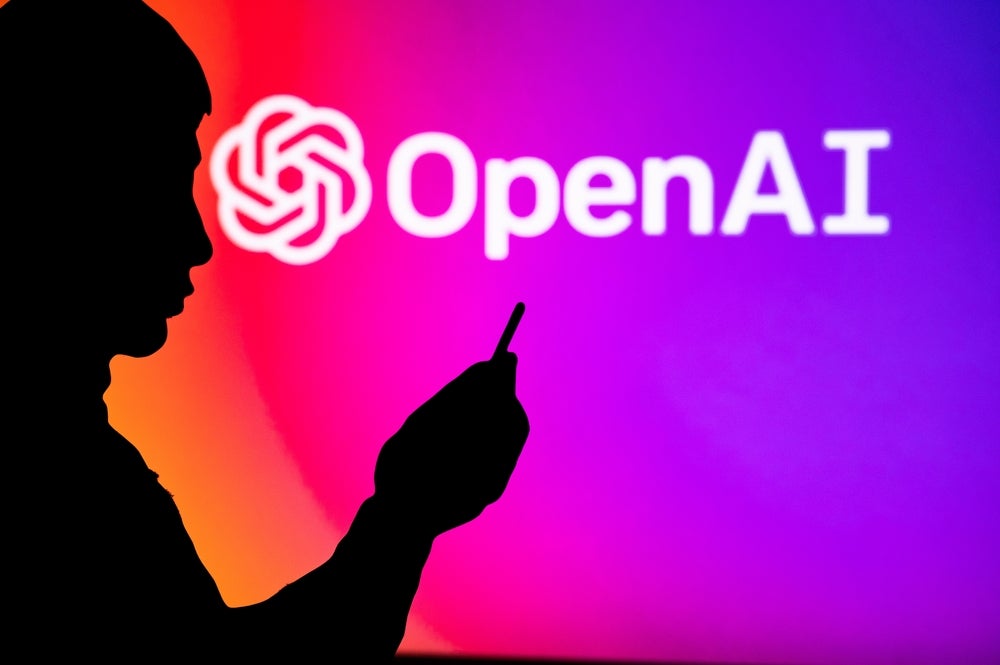
ChatGPT creator, OpenAI, has chosen London for its first international office. The move represents a major milestone for the UK’s ambition to become a global leader in Artificial Intelligence (AI).
OpenAI said in a statement that the London office will advance the US company’s research and engineering capabilities while collaborating on its AI mission with local communities and policy makers.
“We’re excited about what the future holds and to see the contributions our London office will make towards building and deploying safe AI,” said Sam Altman, CEO of OpenAI.
UK Prime Minister Rishi Sunak has publicly stated his ambition for the UK to become a global leader for AI, announcing it would host the first AI safety summit, during the PM’s visit to the US where he engaged in talks with US President Joe Biden on regulating the technology.
Sunak said the UK had historically “got it right when trying to balance innovation with making sure the new technology is safe for society.”
While the rise of AI and popular chatbots, including ChatGPT, has already provided major benefits to business and individuals alike, allowing for tasks to be completed more efficiently, it has also created a backlash against the potential dangers it poses to humanity.
How well do you really know your competitors?
Access the most comprehensive Company Profiles on the market, powered by GlobalData. Save hours of research. Gain competitive edge.

Thank you!
Your download email will arrive shortly
Not ready to buy yet? Download a free sample
We are confident about the unique quality of our Company Profiles. However, we want you to make the most beneficial decision for your business, so we offer a free sample that you can download by submitting the below form
By GlobalDataProminent voices in the development of AI have called for its regulation including those who helped to create the machine learning models that laid the foundations for technology underpinning today’s AI chatbots.
In a statement, Altman said that the move would “attract world-class talent and drive innovation in artificial general intelligence development and policy.”
Research conducted by YouGov has shown that fewer than one in ten UK members of parliament (MPs) believe that existing regulators have the necessary skills or expertise to regulate the powerful technology.
The research found that just under a quarter (23%) of MPs said that they understand the implications of AI and close to half (45%) believe that AI is developing too fast.
Eleanor Watson, AI ethics engineer at Singularity University and member at the institute of electrical and electronics engineers (IEEE), told Verdict that it is in businesses’ interest to embrace the news of OpenAI’s new office.
“Presently, they cannot adapt quickly enough to new developments, and any initiatives they launch in AI are liable to be eclipsed by new releases in capability that render them meaningless,” Watson said.
Watson pointed out the importance of taking stock of where recent developments have led businesses, saying “responsible future of AI requires vision, foresight, and courageous leadership that upholds ethical integrity in the face of more expedient options,”
Watson said that the move by OpenAI will hopefully provide an opportunity to build upon those foundations, saying researchers as well as the public will need to better adjust to understand the impact on employment.
Ayesha Iqbal, IEEE senior member, added that, while barriers, such as lack of skilled workers, are preventing organisations from adopting AI, with the technology growing more rapidly than ever before, “it’s high time that the government, tech leaders, and academia work together to establish standards and regulation for safe and responsible development of AI-based systems.”







